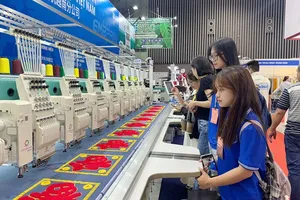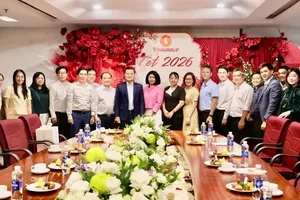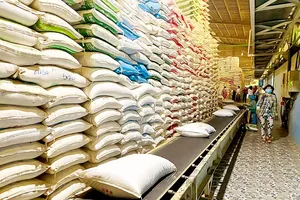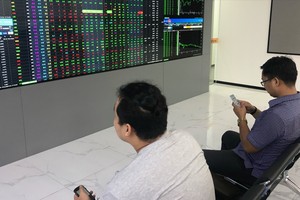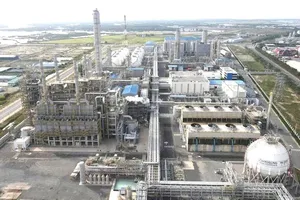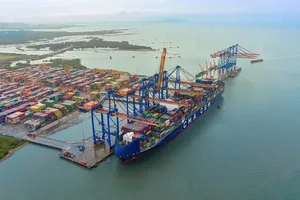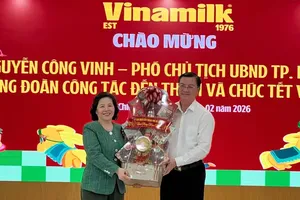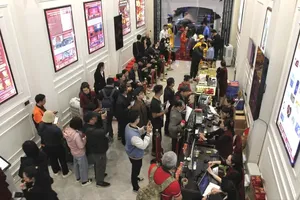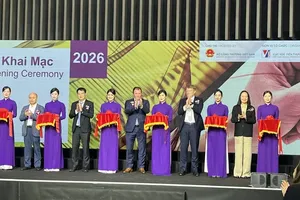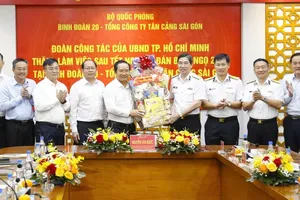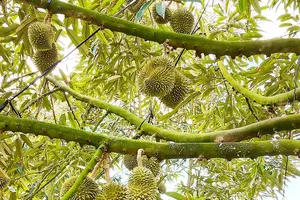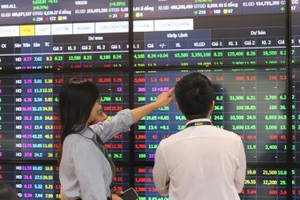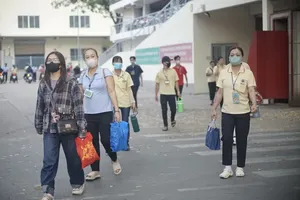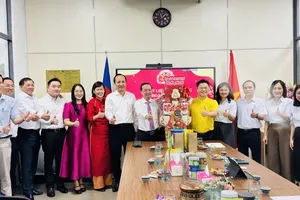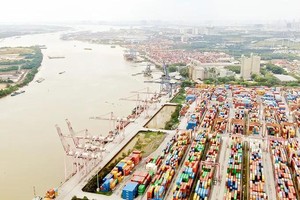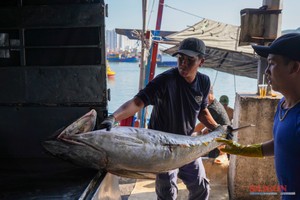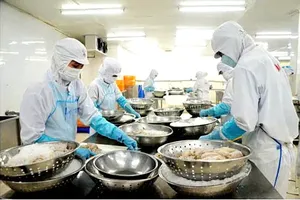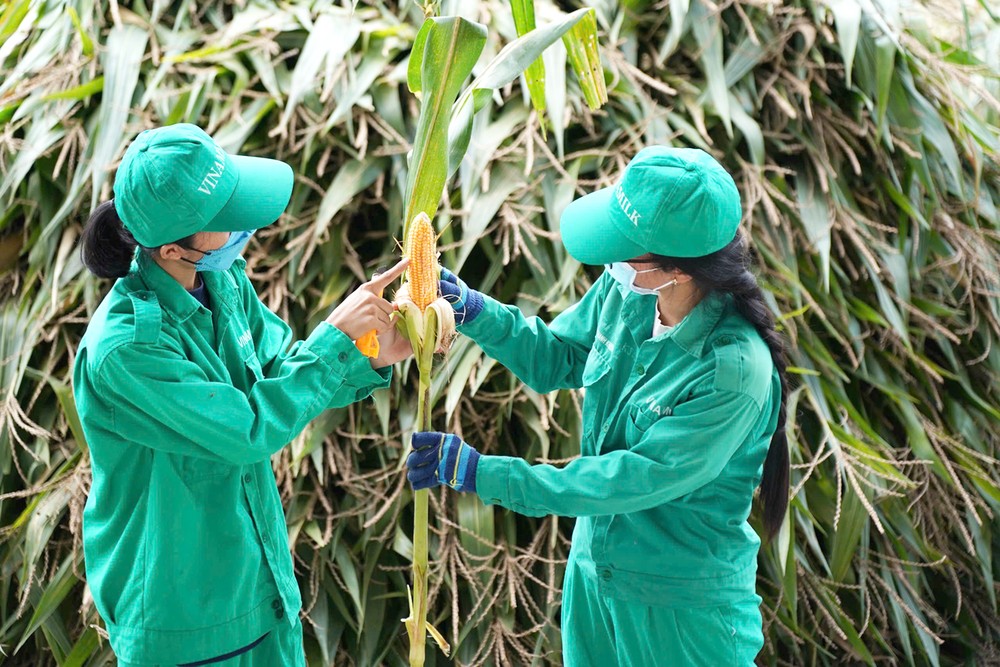
According to General Secretary of the Ho Chi Minh City Computer Association (HCA) Vu Anh Tuan, applying IoT in agriculture is now more accessible than ever. By installing sensor systems and developing a data management system for computers and mobile devices, farmers can implement IoT solutions with ease.
Additionally, the cost of IoT devices remains affordable, and an increasing number of domestic and international enterprises are supplying these technologies, making IoT adoption in agriculture a growing trend.
In addition, AI integration is also being widely applied in agricultural production. For example, eGap.vn is an information portal for management, monitoring, and traceability for four groups of products (crops, livestock, aquaculture, agricultural processing) with electronic diaries on two platforms Android and iOS.
With this application, electronic diaries and field cameras capture real-time data across the entire production chain, enabling comprehensive monitoring and supervision of growing areas in accordance with contractual agreements. This ensures a stable supply of goods, compliance with regulatory standards, sustainable production and consumption, and precise management of production team codes.
Additionally, the application provides producers with advance knowledge of buyers and pricing, allowing them to proactively plan, budget, and maintain transparency regarding material inputs.
With this application, electronic diaries and field cameras capture real-time data across the entire production chain, enabling comprehensive monitoring and supervision of growing areas in accordance with contractual agreements. This ensures a stable supply of goods, compliance with regulatory standards, sustainable production and consumption, and precise management of production team codes. Moreover, the application provides producers with advance knowledge of buyers and pricing, allowing them to proactively plan, budget, and maintain transparency regarding material inputs.
This innovative system has reduced pesticide use by 20 percent, helping to mitigate the negative environmental and public health impacts.
However, the application of AI in agriculture requires varying levels of investment, depending on the specific field. For instance, in the development of the "System for Collecting, Storing, and Applying AI for Analyzing, Forecasting, and Managing Diseases in Greenhouse-Grown Melons" by the High-Tech Agricultural Business Incubation Center, the research team employed machine learning techniques to train AI models. By integrating sensor data and imaging, they enhanced the accuracy of disease diagnosis, improving overall management and decision-making processes.
Furthermore, the team also used the method of artificial disease infection to control influencing factors and most accurately evaluate the effectiveness of the AI model.
Tran Viet Huan, a digital transformation consultant at Microsoft Vietnam, revealed the successful completion of a disease database aimed at enhancing productivity and reducing production costs for melon varieties. Additionally, the model optimizes labor efficiency, improves overall production effectiveness, and increases profits by more than 20 percent compared to traditional farming methods.
With high accuracy and flexible application, this AI system has the potential to expand to many other crops, contributing to a more precise and sustainable agriculture, said Dr. Hoang Anh Tuan, Center for Incubation of High-Tech Agricultural Enterprises.
Director Tran Quy of the Vietnam Institute of Digital Economy Development under the Vietnam Digital Communications Association said that to effectively integrate advanced technologies like AI into agriculture, it is essential to provide Vietnamese farmers with comprehensive training, ensuring they acquire the necessary knowledge and skills to utilize and understand these innovations.
He added that it is crucial to provide financial and technological support from the State, international organizations and agricultural sector companies to facilitate farmers' access to advanced technologies. This support may include grants for investing in AI-powered systems and automated robotics, as well as consulting services and technical assistance to help farmers effectively adopt and utilize these innovations.
